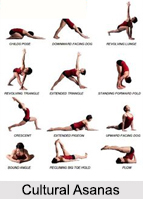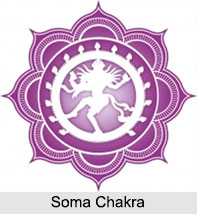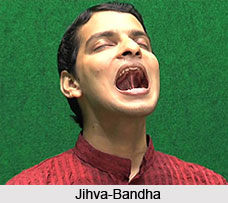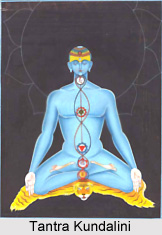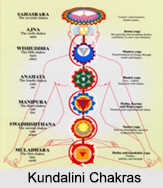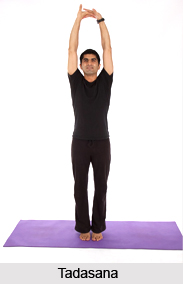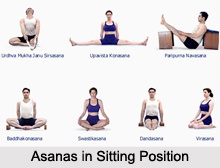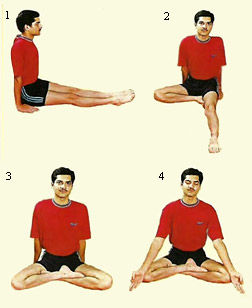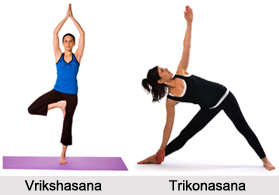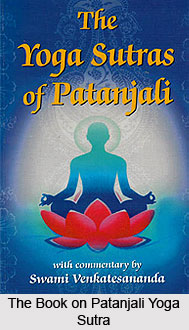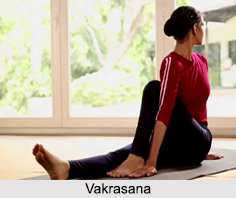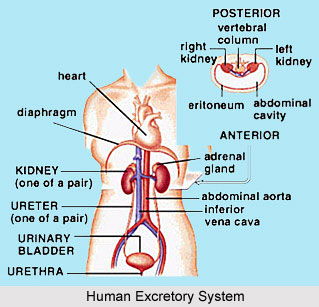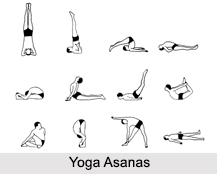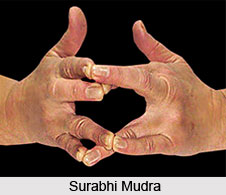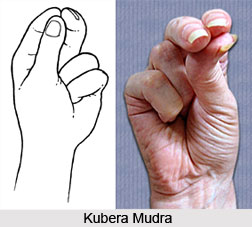 The te hlada paritapa phalah punya apunya hetutvat sutra advices one to make one`s span of life and deeds more improved, so that the karmic actions in the upcoming life is made even better. In order to do this one should maintain an extremely restricted life style and practice yogic exercises.
The te hlada paritapa phalah punya apunya hetutvat sutra advices one to make one`s span of life and deeds more improved, so that the karmic actions in the upcoming life is made even better. In order to do this one should maintain an extremely restricted life style and practice yogic exercises.
u they
hlada pleasant, to be glad, delighted, to rejoice
paritapa pain, anguish, grief, lamentation
phalah fruits
puny apunya virtues and vices, or assets and liabilities
hetutvat being caused by, on account of
According to one`s good, bad or mixed actions, the quality of life, its span, and the nature of birth are experienced as being pleasant or painful.
In this sutra, the karmic law of cause and effect is further considered. Sutras 12-14 indicate a sadhaka should plan a yogic, regimented way of life to minimise the imprints of action.

